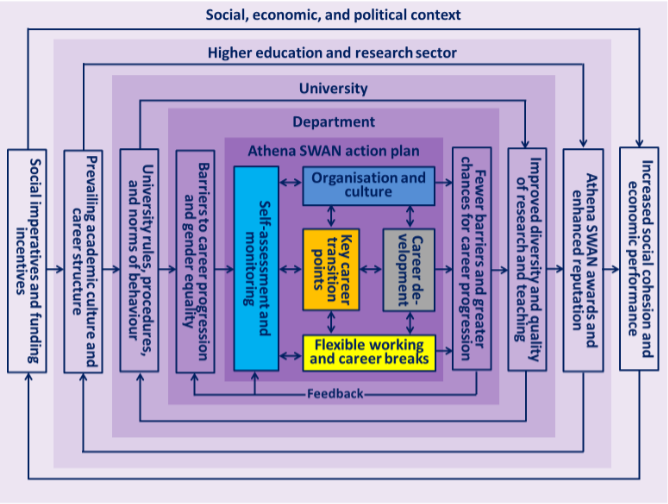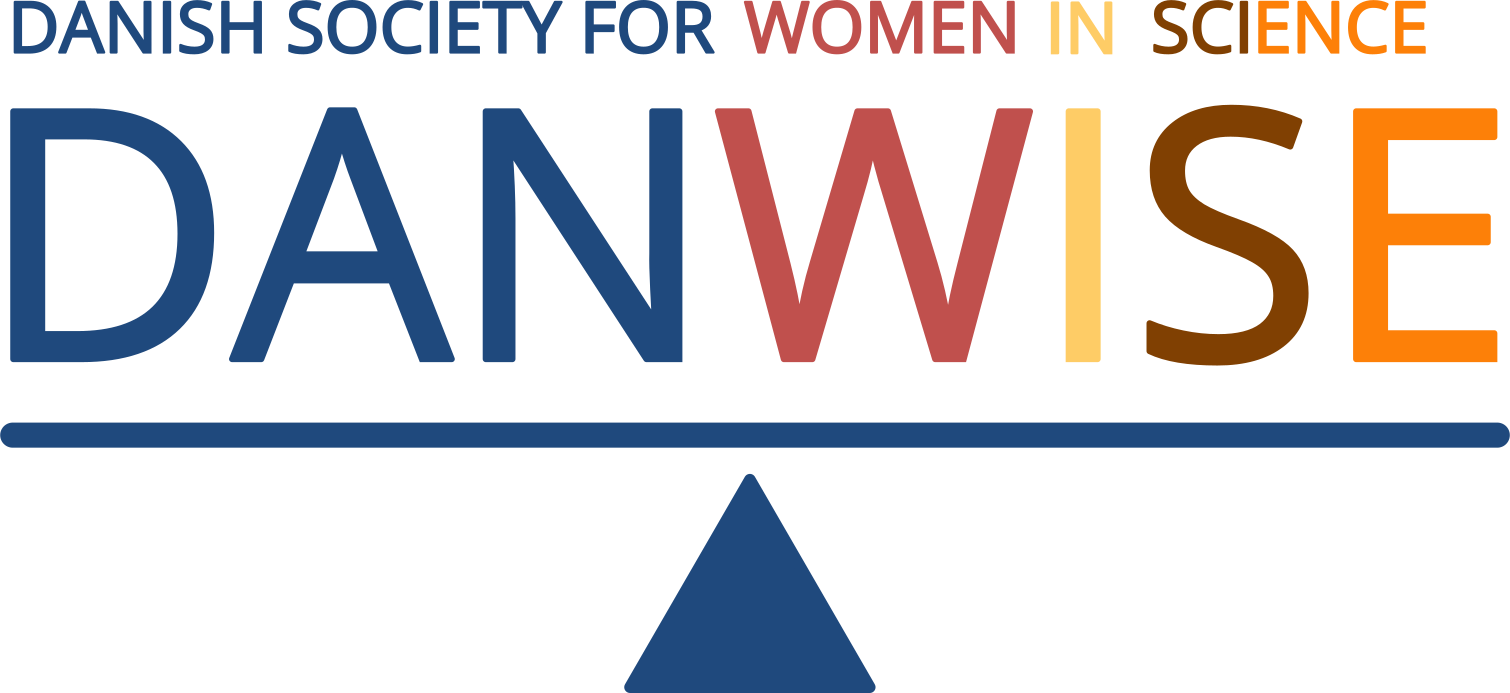THE DANWISE AGENDA
DANWISE is considering whether an Athena Swan-like initiative could help move gender equality in academia and industry forward.
The Athena SWAN Charter was established in the UK in 2005 to recognise the barriers pertaining to women in science, particularly at the level of Academia. In 2015, it was expanded to the arts, humanities, social sciences, business, and law. The Athena SWAN award scheme is now a worldwide initiative to address the issues surrounding the advancement of women. Athena SWAN is the only comprehensive gender equality scheme in Europe and the European Commission is planning to implement a similar action strategy. Within this strategy, there are 3 core objectives for fostering gender equality in research and innovation: i) more women in research, ii) more women in leadership positions, and iii) the integration of the gender dimension in research and curricula.
Athena SWAN has 5 clear action plan categories:
- 1. Self-assessment and monitoring
- 2. Key career transition points
- 3. Career development
- 4. Flexible working and managing career breaks
- 5. Organization and culture

A complex contextually embedded system of Athena SWAN’s dynamic action planning. (Source)
A breakdown of the Athena SWAN scheme includes strategies for:
- 1. Recruitment
- 2. Training
- 3. Mentoring
- 4. Promotion
- 5. Support
- 6. Job security
- 7. Unconscious bias training
- 8. Bullying and harassment
- 9. Gender balance on committees
- 10. Visibility of role models
You can read more about a recent research study at Oxford University here.
